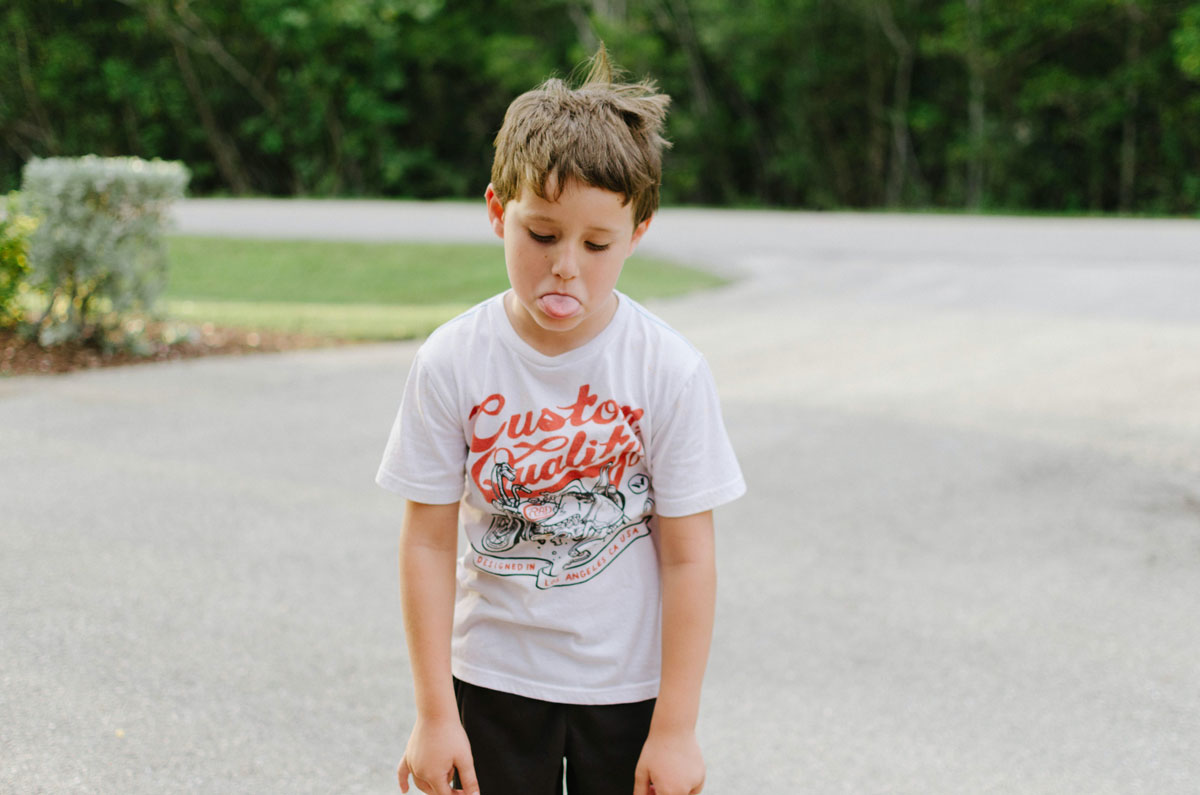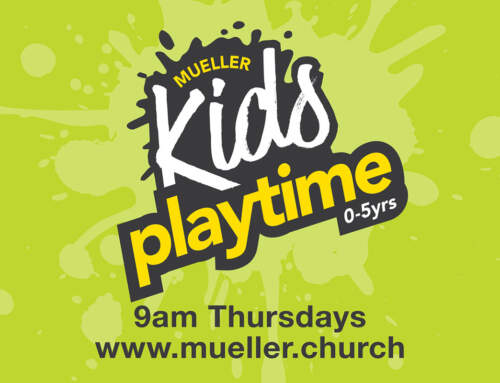What parent has not been accused of being unfair? What teacher hasn’t heard the same accusation? Parents and teachers are frequently accused of being unfair by their children or students. Unfortunately, their accusations are often correct. Life is not always fair and people aren’t always fair. Our children’s sense of justice has been violated in some way. Sometimes, their perception of justice might be slightly flawed. In a child’s mind, a decision is seen to be fair if things go the way he/she wants. However, if things don’t turn out the desired way, that’s definitely not fair. Realistically we adults often aren’t much different are we? Like children, our expectation is that good should be rewarded and bad punished. We know that’s not always the way things turn out though.
Why is one child born into a loving family and yet another born into a highly dysfunctional one? None of us feel it’s fair when we hear of a child suffering serious disease or injury or dying. Children are not supposed to suffer or die before their parents do, and yet they do sometimes. Innocent people are injured in accidents and frequently the perpetrators are let go free. That’s not fair either. Unfairness has always been a part of human history.
Life is unpredictable and we can’t always choose what happens to us. Dwelling on unfairness does not make things fair, but often keeps us focused on the problem rather than a solution. As parents, we want to help our children grow into well-functioning adults and part of this includes teaching them to manage these tricky situations. Ask your child what is unfair about the situation. Acknowledge that and listen to their feelings. Often they just want to be heard. Help them recognize the problem and discuss together if there’s anything that can be done about it. If there is, what? What steps could be taken and how and when might that happen? But, what about those situations that are out of their control? (2020 has certainly been a year where we’ve all experienced that!) Acknowledging how they feel is important and then encouraging them to focus on what can be controlled. They may feel powerless about a situation, but they can control their attitude, actions and expectations. It’s important to focus on what can be changed, and accepting what can’t.
As parents, we often want to fix things for our children. The way a person responds to challenges provide opportunities for growth. Do we want to deprive our children of this? (Obviously if there’s a situation where a child is facing harm in any way, that’s different – I’m talking about the more common day to day life issues.) As I so often mention, our example is their biggest teacher. Is your attitude one of “Why me?” or is it “Why not me?”
Last night as I was reading a devotional book*, I was struck by the greatest injustice of all time – Jesus’ death on the cross for each of us. Was that fair? He’d never done a wrong in His life. Did He deserve that? Absolutely not and yet because of His love for us, He allowed it to happen. We’re the ones who deserved to be there, but He took the punishment, so we would have the opportunity to live in God’s Presence.
* A Violent Grace: Meeting Christ at the Cross (Michael Card).






